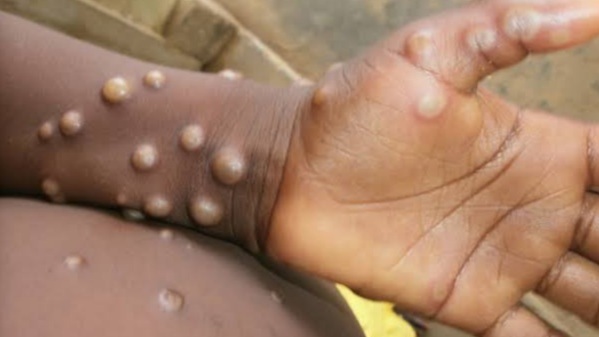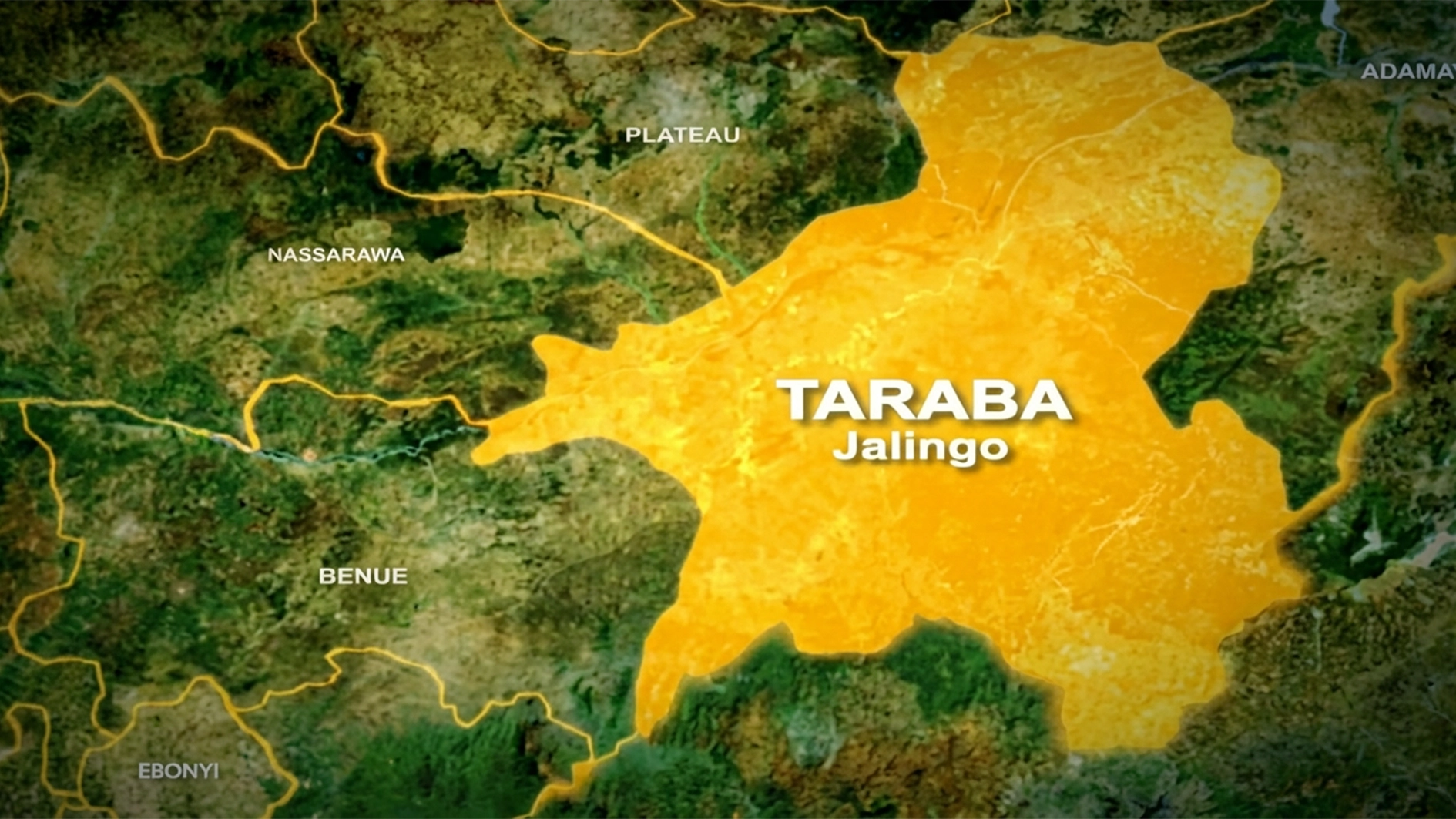
The World Health Organisation (WHO) recently declared the monkeypox outbreak a Public Health Emergency of International Concern (PHEIC). Even though there was no consensus among members of the WHO’s emergency committee on the monkeypox outbreak, regarding their advice on the determination of a PHEIC for the disease, the global body’s boss, Dr. Tedros Adhanom Ghrebeyesus, insisted that the multi-country outbreak of Monkeypox constitutes a PHEIC.
Ghrebeyesus said that the measure was in recognition of the complexities and uncertainties associated with this public health event, and having considered the views of committee members and advisors, as well as other factors in line with international health regulations.
He said, “We have an outbreak that has spread around the world rapidly, through new modes of transmission, about which we understand too little,” Tedros said, adding, “for all of these reasons, I have decided that the global Monkeypox outbreak represents a Public Health Emergency of International Concern.”
The global health body issued temporary recommendations to different groups of states parties, based on their epidemiological situation, patterns of transmission and capacities stressing that the temporary recommendations are expected to be implemented in full in respect of established principles of human rights, inclusion and the dignity of all individuals and communities.
With the outbreak in the country, health experts have called on the general public to avoid the killing and eating of rodents, monkeys and squirrels, and also to properly cook their raw food before eating.
Aside this, health workers and those handling animals must ensure they abide by the rules of Infection Prevention and Control (IPC) protocols in handling sick persons and animals.
To this also, there should be an increased surveillance and isolation of those with the symptoms to curtail the spread of the virus.
They have further called for persons with rashes to be avoided and if one suspects anybody of having the virus to report him/her to any of the health authorities scattered across the country for proper investigation and management.
According to World Health Organisation (WHO) official who pleaded anonymity said monkeypox endemic has been recorded in African countries which include Cameroon, the Central African Republic, the Democratic Republic of the Congo, Gabon, Ghana, Cote d’Ivoire, Liberia, Nigeria, Republic of Congo, Sierra Leone, Benin Republic and South Sudan, Morocco and South Africa.
However, Nigeria Centre for Disease Control (NCDC), through its Director of Health Emergency Preparedness and Response, John Oladejo said that states affected by monkeypox in Nigeria include Adamawa, Lagos, Rivers, Cross River, Federal Capital Territory (FCT), Kano, Delta, Bayelsa, Edo, Imo, Plateau, and Ondo.
While this warning is ongoing, an Abuja-based medical practitioner and a public health specialist, Dr. Obinna Ebirim, has said monkeypox virus can be transmitted from infected body fluid, respiratory droplets or used beddings.
Describing the virus as a sylvatic zoonosis, the medical practitioner disclosed that human infections usually occur sporadically in forested parts of Central and West Africa.
“He stated that there is current wide spread of the virus in Europe and North America with over 100 cases identified among homosexuals. However, the NCDC has come out to say that the number of cases has dropped from 550 in 2017 to about 17 at the beginning of the year, 2022”
“The practice of homosexuality can increase the risk but there are other risk factors. The NCDC website and weekly epidemiological report and provide latest number of card.”
Ebirim noted that the major symptoms of the disease include rashes in the face, hand and legs and fever, headache, back pain, tiredness, and swollen lymph nodes.
According to him, the rashes pass through some phases where they appear like flat beds and later raise to spots with clear fluid that would later turn to a yellowish fluid that will dry and fall off. He noted that all this process take about six to 13 days before the infection blossoms to full fledge moneypox.
“The swollen lymph nodes felt in the neck, armpit and groin regions are distinctive feature of monkeypox when compared to other diseases with rashes as symptom like chickenpox, measles and smallpox. The symptoms disappear on their own in two to six weeks, but there are cases where it is complicated with sepsis and bronchopneumonia,” he said.
Ebirim explained that antiviral drug including tecovirimat, which was developed for smallpox has been licensed to be administered on monkeypox cases by the European Medical Association (EMA).
To prevent the spread, the public health expert noted that vaccines used for the eradication of smallpox will effectively suppress the virus up to 85 per cent, adding that those who have been vaccinated for more than 40 years ago when the routine smallpox vaccination was stopped have less severe infection of the virus.
Apart from this, the medical practitioner advised that instead of waiting for vaccines that may not easily come because of our poor technology and politics that the various public health agencies and caregivers should embark on creating awareness about the disease, inform the public on how to avoid some of the possible means of contacting the disease, tell them how to identify the symptoms and how to boost their immune system, especially in children where the virus is usually severe.
For senior lecturer and consultant public healthcare, Department of Community Health and Primary Healthcare, Lagos State University College of Medicine (LASUCOM), Dr. Modupe Akinyinka, said the virus can be in the human body for one to three days sometimes longer before the rash will begin to appear, often beginning from the face and then spread to other parts of the body. She disclosed that the virus enters the body through broken skin, respiratory tract or the mucous membranes (eyes, nose, or mouth).
Akinyinka advised that people should avoid contact with animals that could harbour the virus; including animals that are sick or that have been found dead in areas where monkeypox has occured.
“Avoid contact with any materials, such as bedding that has been in contact with a sick animal. Isolate infected patients from others who could be at risk of being infected. Practice good hygiene like frequent washing of hands with soap and water or using alcohol-based hand sanitizer. Other preventive measures include avoiding contact with infected animals or humans, cook meat thoroughly before eating. Also, where available use personal protective equipment (PPE) such as gloves when caring for patients,” she said.
Stressing that there has not been any proven safe treatment, the don noted that antiviral drugs and immunoglobulin may be useful in its treatment.
For Dr. Olufela Ezekiel Oridota, a lecturer in the Department of Community Health and Primary Healthcare College of Medicine University of Lagos, monekeypox started about 52 years in Congo Republic, but spread to other countries through travels.
He disclosed that even though the virus comes from animals, researchers are yet to know the particular animal, so that the movement could be curtailed and the virus limited to a region.
Oridota revealed that the mortality rate is at about eight per cent in the country and that there is the possibility of this figure dropping lower if adequate measures are put in place.
The community health teacher disclosed that in Europe and some other countries, the virus is being transmitted through sex, as the virus is now high among homosexuals.
He explained that the differences between smallpox and monkeypox are in their symptoms. According to him, while both manifest with rashes and fever, monkeypox comes harder with swellings in the armpits or around the neck region, adding that in some persons, it may take a period of one to two weeks for the symptoms to appear, while for others it may be five days to one week.
He informed that the rashes start mainly from the face to the mouth, lips and later spread to the eyes and if not properly treated could lead to lost of sight.
“The rashes can also spread to the hands, legs, head, and other parts of the body. The rashes pass through different stages before they begin to turn red and 0with fluid. If within two to four weeks, the patient is not properly treated the rashes will rust and peel.”
Oridota disclosed that the virus is more severe with cancer patients, diabetes, HIV/AIDS and others, stressing that the virus can be contained if effective surveillance on early detection, contact tracing and following up are adhered to.
He, however, noted that the virus would be difficult to contain in clustered areas or places of poor hygiene like bandit/kidnap or refugee camps.






